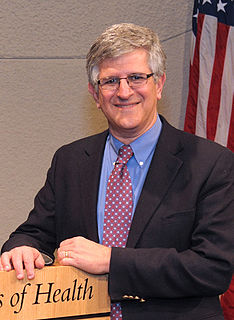A Quote by Mortimer Adler
I suspect that most of the individuals who have religious faith are content with blind faith
Quote Topics
Related Quotes
The great masses of people do not consist of philosophers; precisely for the masses, faith is often the sole foundation of a moral attitude. The various substitutes have not proved so successful from the standpoint of results that they could be regarded as a useful replacement for previous religious creeds. But if religious doctrine and faith are really to embrace the broad masses, the unconditional authority of the content of this faith is the foundation of all efficacy.
We don't always possess faith in the sense of having a clear embodiment of something to hang on to. The relationship between the intellect and faith is a very curious one. Sometimes the intellect can point us to faith, sometimes the intellect can stand in the way of faith. Sometimes, as St John of the Cross points out, we have to darken or blind the intellect in order to have faith.
The word 'religion' is only a label. What lies behind that, the most important thing of all, is the word 'faith'. You either have faith, or you don't have faith, or you have degrees of faith - and if you have degrees of faith, then you become agnostic. You're kind of in-between, or you're on the fence.






































